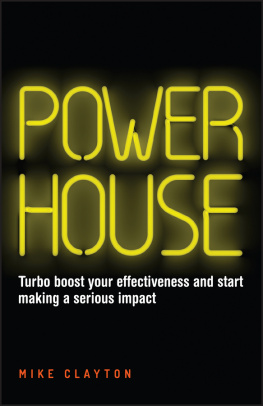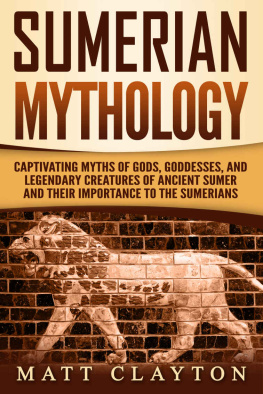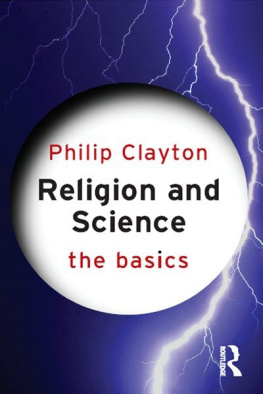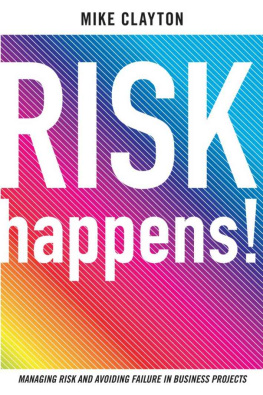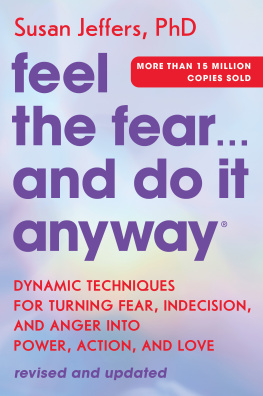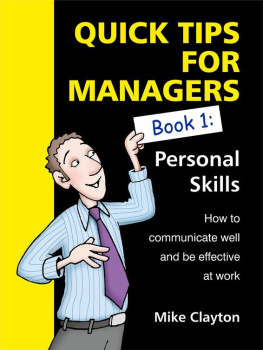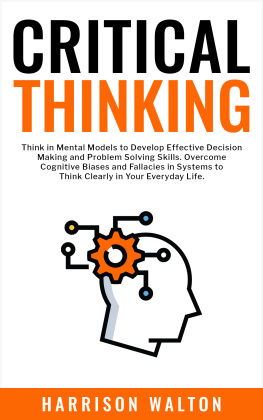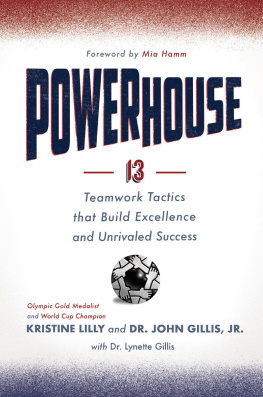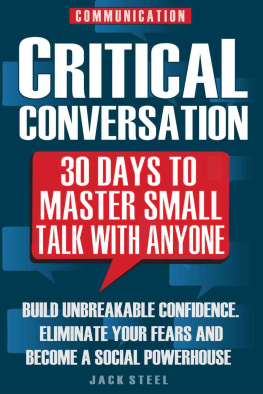
This edition first published 2015
2015 Mike Clayton
Registered office
John Wiley and Sons Ltd, The Atrium, Southern Gate, Chichester, West Sussex, PO19 8SQ, United Kingdom
For details of our global editorial offices, for customer services and for information about how to apply for permission to reuse the copyright material in this book please see our website at www.wiley.com.
The right of the author to be identified as the author of this work has been asserted in accordance with the Copyright, Designs and Patents Act 1988.
All rights reserved. No part of this publication may be reproduced, stored in a retrieval system, or transmitted, in any form or by any means, electronic, mechanical, photocopying, recording or otherwise, except as permitted by the UK Copyright, Designs and Patents Act 1988, without the prior permission of the publisher.
Wiley publishes in a variety of print and electronic formats and by print-on-demand. Some material included with standard print versions of this book may not be included in e-books or in print-on-demand. If this book refers to media such as a CD or DVD that is not included in the version you purchased, you may download this material at http://booksupport.wiley.com. For more information about Wiley products, visit www.wiley.com.
Designations used by companies to distinguish their products are often claimed as trademarks. All brand names and product names used in this book and on its cover are trade names, service marks, trademark or registered trademarks of their respective owners. The publisher and the book are not associated with any product or vendor mentioned in this book. None of the companies referenced within the book have endorsed the book.
Limit of Liability/Disclaimer of Warranty: While the publisher and author have used their best efforts in preparing this book, they make no representations or warranties with the respect to the accuracy or completeness of the contents of this book and specifically disclaim any implied warranties of merchantability or fitness for a particular purpose. It is sold on the understanding that the publisher is not engaged in rendering professional services and neither the publisher nor the author shall be liable for damages arising herefrom. If professional advice or other expert assistance is required, the services of a competent professional should be sought.
Cataloging-in-Publication Data for this book is available from the Library of Congress.
A catalogue record for this book is available from the British Library.
ISBN 978-0-857-08556-6 (paperback)
ISBN 978-0-857-08558-0 (ebk) ISBN 978-0-857-08557-3 (ebk)
Cover Design: Wiley
Cover Images:
Powerhouse (noun): somebody who is full of energy, highly effective, and therefore very productive.
Introduction
Powerhouse (noun): somebody who is full of energy, highly effective, and therefore very productive.
There is so much you want to get done in a day and modern life is making ever more demands. Adding to your desire for a successful career, a fulfilled private life and some form of lifetime achievement you can be proud of are all of the pressures of living and interacting socially.
Yet the one thing modern technology has not given us and will almost certainly never provide is more time. So the answer must be ever greater levels of productivity.
Is it any surprise therefore that many people's bookshelves are groaning with productivity and time saving manuals, and that bloggers and coaches are offering a constant stream of tips and advice? Oh no! More things to add to your reading list.
Time management and greater productivity are not the answer. The answer is not about how much you can do, but what you do and how you do it. If you choose the right things to do, and you do them in the right way, you will be productive. But not just lots of stuff done-productive': you will be effective-productive'.
The difference is essential: getting lots of stuff done means nothing unless the stuff you do matters. That is what effectiveness is about: about doing what matters; what will make a difference that counts.
What Does it Mean to Be a Powerhouse'?
Effective action defines Powerhouse. But one thing that you won't find in this book is a single definition of what being a Powerhouse means. It means far more than one thing and goes beyond the normal day-to-day meaning of effectiveness:
effective(adjective): causing the desired result, successful, able to deliver what matters.
It is a mentality and approach that delivers outstanding productivity and exceptional outcomes, and makes a vivid, lasting, and positive impression on the people around you.
Becoming a Powerhouse means:
Choosing to do the right things.
Doing the right things for the right reasons.
Doing the right things right.
Working with the people around you.
Getting the best from the people around you.
Getting the best from yourself.
Being prepared for the unexpected.
Handling the unexpected.
Knowing when and how to stop.
Extending your Powerhouse capabilities to your whole organization.
These definitions form the agenda for this book. Over the next ten chapters, you will learn how to bring full effectiveness to everything you do. Each chapter will also show you how to turn up one of ten Power Switches, to transform yourself and your organization into a Powerhouse.
Chapter 1: Self-Control: Choose to Do the Right Things
The first step is to identify and evaluate all of your opportunities. Then, decide which ones to pursue. Let these become your compelling causes, and focus almost exclusively on them. This is about self-control.
Master Switch: Self-Control
Chapter 2: Judgement: Do the Right Things for the Right Reasons
You need to be clear why you are pursuing each of your compelling causes, for two reasons personal and organizational. The organizational reason is that you will almost certainly be accountable for how you will be using your time and spending your resources, and the personal reason is that we all need to know the answer to the question why? Without a reason, there is no motivation. We'll cover how to justify your choices and learn about judgement.
Power Switch: Judgement
Chapter 3: Productivity: Do the Right Things Right
Now is the time to think about how you are going to accomplish what you set out to do. This is about productivity and Chapter 3 splits this into four stages: planning, preparing, performing and postparing. Don't worry if you haven't heard the word postparing' neither had I before I started work on this book.
Power Switch: Productivity
Chapter 4: Relationships: Work With the People Around You
You need to be able to enlist the support of the people around you: colleagues, team-members, bosses, suppliers and customers. Their active support will be a big factor in your success. And it is not just dealing with opposition that is important; it is positive support. So we will look at how you can build support for your work in Chapter 4. This is about relationships.
Power Switch: Relationships
Chapter 5: Leadership: Get the Best From the People Around You
More than support, you may also need active help. Decide which people with what skills you will need, engage their help, and give them the leadership that will get the best from them. This will be our agenda for Chapter 5.
Power Switch: Leadership
Next page
